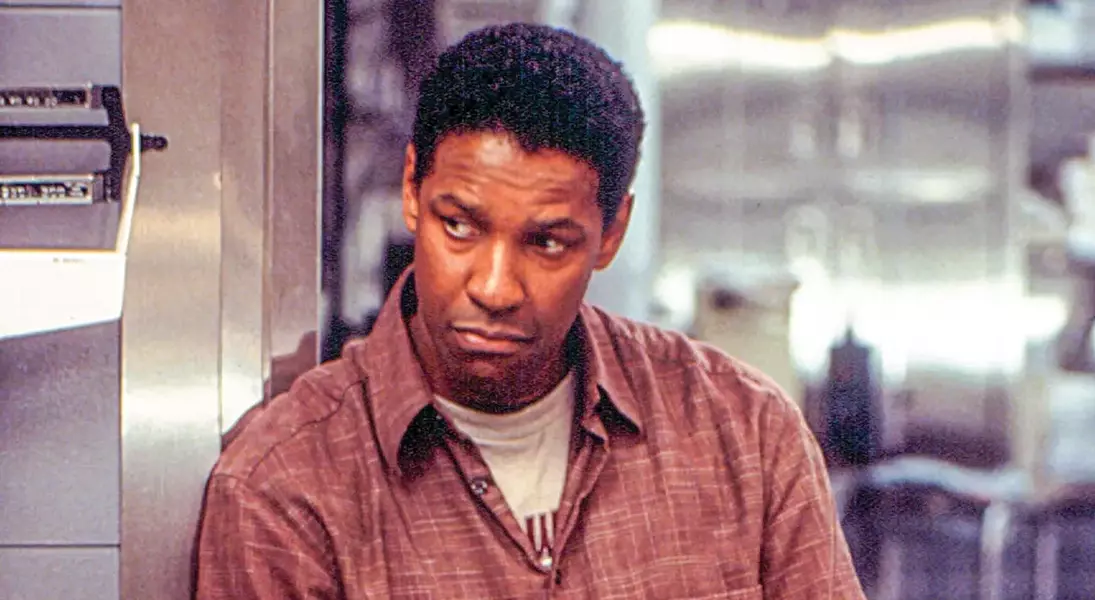
In the early 2000s, a film emerged that delved into the harsh realities faced by individuals struggling within the American healthcare system. Director Nick Cassavetes' thriller "John Q" (2002) tells the compelling story of a father pushed to extremes in his quest to save his son's life. Starring Denzel Washington as John Quincy Archibald, the movie explores themes of desperation and justice when a parent is unable to afford life-saving medical treatment for their child. Despite lukewarm critical reception, the film resonated deeply with audiences worldwide, earning significant box office success and sparking conversations about healthcare access.
The Making of an Unforgettable Drama
In the autumn of 2000, Hollywood witnessed the revival of a long-dormant project. The screenplay, originally penned by television writer James Kearns, had been shelved for years before finding new life under the guidance of New Line Cinema executive Michael De Luca. When Academy Award-winning actor Denzel Washington signed on to play the lead role, the project gained momentum. Soon after, seasoned actors Robert Duvall, James Woods, and Anne Heche joined the cast, adding depth to the narrative. Casting director Matthew Barry remembers the intense competition for the role of Denise, ultimately won by Kimberly Elise over other talented actresses including Viola Davis, who was still early in her career at the time.
A notable aspect of the production was James Woods' portrayal of a heart surgeon, which benefited from consultations with Mehmet Oz, then an up-and-coming medical professional whose hands were featured performing the surgery on screen. Released in February 2002, "John Q" garnered modest praise from critics but struck a chord with viewers, grossing over $102 million globally—a testament to its powerful message and emotional resonance.
Years later, the film found renewed relevance following a tragic incident involving UnitedHealthcare CEO Brian Thompson. Producer Mark Burg reflected on how real-life events paralleled the film's dramatic storyline, highlighting the ongoing challenges in healthcare accessibility. While proud of the film's impact, Burg expressed sorrow that its themes remain pertinent today.
From a journalistic perspective, "John Q" serves as a poignant reminder of the importance of addressing systemic issues within healthcare systems. It challenges us to consider the human cost of policy decisions and encourages dialogue about equitable access to medical care. This film not only entertains but also invites reflection on societal values and priorities.
